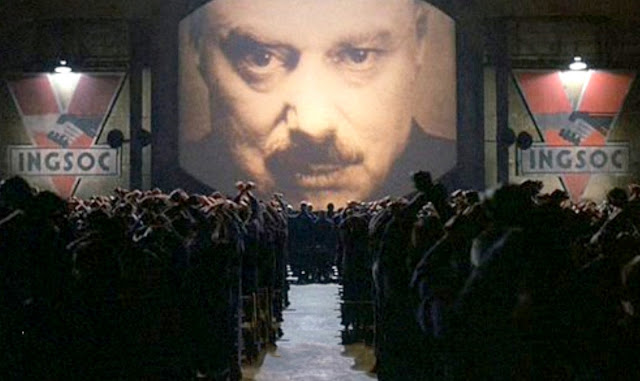German Central Bank Opposes Euro Strategy
By Christian
Reiermann, Michael Sauga and Anne Seith
The European
Central Bank plans to resume buying the bonds of crisis-hit countries on a
large scale. Jens Weidmann, head of the German central bank, is firmly opposed
to the idea, arguing that it will lead to inflation and lessen pressure on
governments to carry out reforms. But he is becoming increasingly isolated
within the ECB and in the political world.
Volker Bouffier
has always portrayed himself as the last true conservative in Germany's
center-right Christian Democratic Union (CDU). Bouffier is the governor of
Hesse, the western German state where Germany's financial capital Frankfurt is
located, and is known for raging against gay marriage, multiculturalism and
school reforms. On questions of monetary policy, he has always been a champion
of traditional German virtues. "The European Central Bank cannot become an
institution that compensates for the failures of individual government budgets,
such as Italy's," he said recently. "That isn't part of its
mandate."
But on Monday of
last week, Bouffier seemed to be a changed man. He had invited Jens Weidmann,
44, president of the German central bank, the Bundesbank, to a meeting at the
Hesse state chancellery. For weeks, Weidmann had sharply opposed the ECB's
plans to buy up large quantities of Italian and Spanish sovereign debt. In the
meeting with Bouffier and his cabinet, Weidmann had just reiterated his
position in the ongoing dispute with ECB President Mario Draghi when Bouffier,
to the surprise of everyone in attendance, announced his new priorities. Apparently,
the values of Southern European bonds on the balance sheets of Frankfurt banks
are now more important than his conservative values.
Of course he still
supported stable prices, Bouffier said, but noted that the mood in financial
markets had become extremely fragile. And despite his characterization of the
ECB's debt-buying plans as sinful, he said that there were no longer any
alternatives to massive intervention by the central bank. "The political
tools have been exhausted," Bouffier said.
The Bundesbank
president is becoming increasingly isolated, and not just in provincial German
politics.







.jpg)
.jpg)










